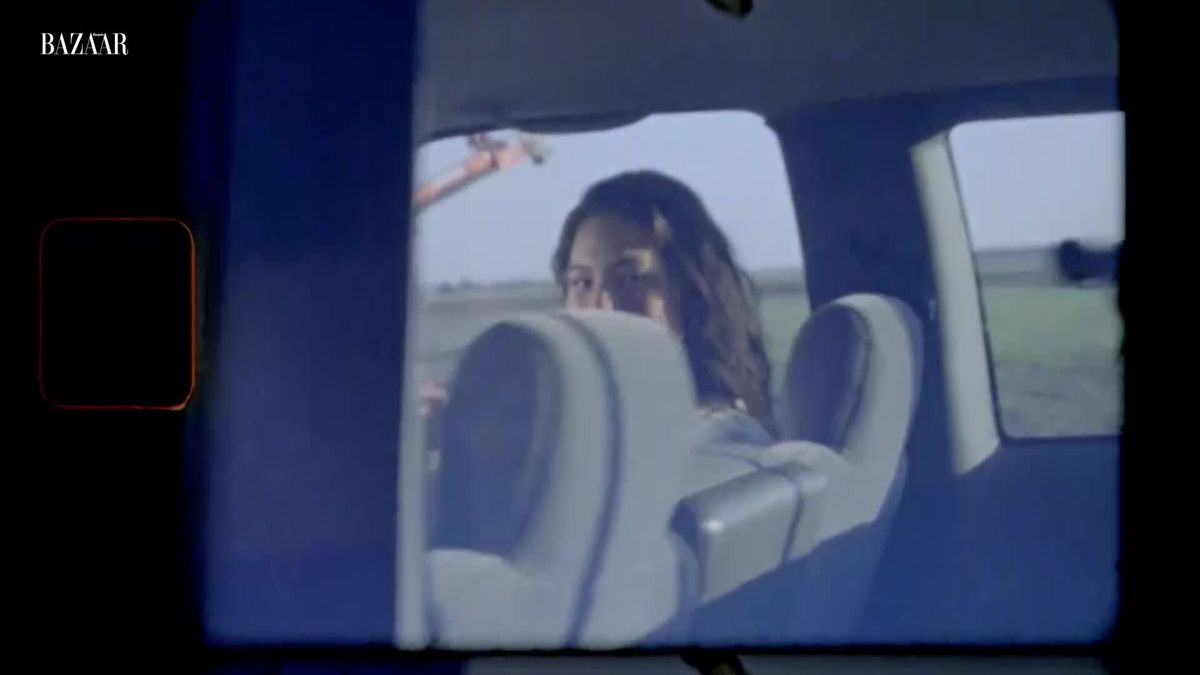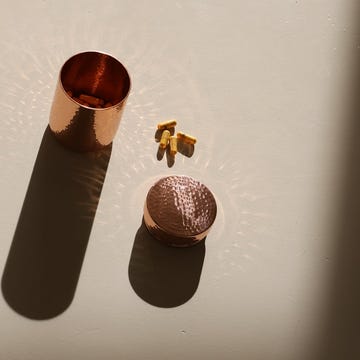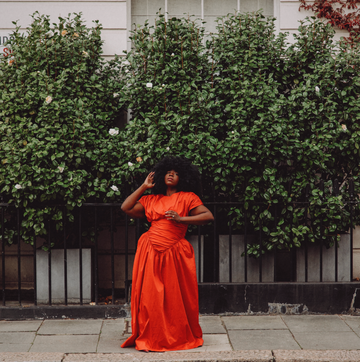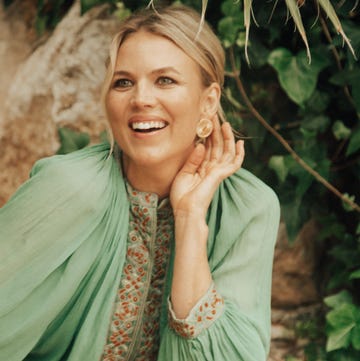We’d all sat in a circle, a little apprehensive, as the midwife explained to us the different kinds of births we might have. There were nine couples at our antenatal classes, including my husband and me; nine very pregnant women, each similarly uncomfortable and hungry, all of us snacking on grab-and-go cravings (dried apricots, plantain chips, chocolate milk, an egg sandwich). We made light chit-chat during loo breaks, not much beyond due dates and the hot weather.
At the end of our four-week course, we set up a WhatsApp group to keep each other posted with how we got on. It all felt very nice. I certainly hadn’t anticipated how important that group would become in the months that followed.
My transition into motherhood wasn’t the journey I’d hoped for. I had written a birth plan and threw it out the window after labouring for three days, and was in and out of hospital with repeated haemorrhaging after my daughter was born. It’s not something I could talk about in any emotional way to family and friends – after all, I had this glorious little human to show for it. I also felt a certain amount of social pressure trickle in with visitors in the first days: would I come across as a natural mother or appear as though I was struggling to cope? Would I ‘bounce back’ (thoughts that can wreak havoc when you haven’t had much sleep)?
It was in my antenatal-class WhatsApp group that I found comfort in an open forum: we shared our no-holds-barred tales of emergency C-sections, episiotomies and tears; tips for recovery; and, crucially, memes that made me smile during those gruelling 4am feeds. Our meet-ups were bolstering – it made it easier to settle into this new life of breastfeeding in public, of changing nappies on the go, of soothing a colicky baby with one hand while trying to sip a flat white with the other.
When my husband had to leave the country for a month with work, our daughter was only eight weeks old. The other mothers checked in on me regularly, and came to my part of town to visit. I could be vulnerable with them about my worries (would I ever be able to get her to sleep in her own bed for more than an hour?); I could be honest about how long it had been since I had washed my hair (the longest period was close to three weeks); I could vent about things I couldn’t mention to anyone else. As they shared with me too, I felt a lot less alone, a lot more visible.
A study by the video parenting platform Channel Mum found that 90 per cent of mothers experience loneliness – perhaps a consequence of how the postnatal period is structured in the UK. Partners are entitled to one or two weeks’ paid leave, after which mothers are typically left to themselves, while still physically recovering from giving birth (this takes around six to eight weeks). This is among the least generous paternity offerings in Europe; contrastingly, Spain gives 16 weeks, Norway 15 weeks, and parents in Sweden are permitted 480 days of paid shared leave. Furthermore, while mothers in the UK will be visited by a community midwife twice in the first two weeks of caring for their new baby, in countries like the Netherlands and Germany, standard healthcare packages include daily visits from a maternity nurse for the first 10 days.
Recent years have seen the emergence of fringe groups in the UK that support and connect new mothers – from walking meet-ups Blaze Trails and Ramble On, to writing groups like the New Mothers’ Writing Circle and Mothership Writers. There’s also Peanut, the community app for mums around the world, which has amassed more than five million users since it launched in 2017. For expectant parents, there are free antenatal classes hosted by the NHS across the country; as well as NCT classes and similar – we went with the Bump and Baby Club. (But, friendships can also spring from the most unexpected places. When collecting a pram attachment I had found on Gumtree, I ended up having coffee with its previous owner, whose toddler had outgrown it – something that would have felt bizarre pre-baby.)
With every month and milestone my daughter reaches, my freedom to lean back into who I was before motherhood is growing. But motherhood, with its unique joys and challenges, is a part of me now – and so are the friendships that come with it.













